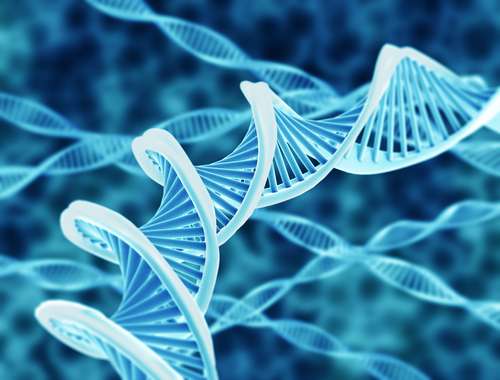Five Biotech Startups to Check Out This Month
 Welcome to Bioscience Technology’s monthly feature highlighting five intriguing startups operating in the biotech field.
Welcome to Bioscience Technology’s monthly feature highlighting five intriguing startups operating in the biotech field.
This month’s batch are run by entrepreneurs tacking diverse problems such as figuring out how to stop an epidemic before it starts and implementing ambitious programs to upend the traditional motives behind laboratory testing.
Metabiota
The Ebola outbreak in West Africa raised many questions regarding proper procedures for pinpointing the start of outbreaks and how to efficiently contain them. The pathogen quickly spread among the population in Liberia, Guinea, and Sierra Leone. According to the World Health Organization's estimates, more than 10,000 people have succumbed to the virus.
Metabiota, a seven-year-old San Francisco-based business, works with clients to help them prepare for the potential of another outbreak of this scale.
Non-governmental organizations like the World Health Organization (WHO) usually rely on collecting data on outbreaks when they are out in field, and then attempt to work with governments on an action plan.
TechCrunch notes Metabiota, “is one of the first companies to use a combination of data and analytics to help governments and insurers stem these epidemics.”
Investors gave Metabiota $30 million in additional funding in May. The new financing will help the company essentially increase its client base and develop new insurance products to hedge against a global pandemic, writes The Wall Street Journal.
Syapse
Healthcare providers are working with Syapse to help physicians create more precise diagnoses and treatment plans for different medical conditions.
The company operates out of Palo Alto, California. Its client base is comprised of a diverse array of medical institutions, like Sanford Health, Stanford University School of Medicine, and the Swedish Cancer Institute.
They use Syapse’s Precision Medicine Data Platform to collect data from three primary sources to help with analysis: molecular testing labs, billing systems, and electronic health records. These three resources help doctors with diagnoses, treatment, and outcome tracking for their patients, according to VentureBeat.
One feature built into Syapse is the ability to discern how a patient will react to a certain drug based on his or her genetic signature.
Buzzfeed News reports, though, the software can only search for the gene-drug relationships it has been programmed to find.
Still, Buzzfeed News explains the tool was able to save the life of Hollis Klendenberg, a 73-year old recipient of a heart stent procedure from a few years prior. Hollis’s doctor was about to prescribe him the blood-cutting drug Plavix when Syapse sent the doctor a software alert telling him to stop.Klindenberg had a genetic mutation that would make his body more vulnerable to clotting from Plavix so his doctor needed to prescribe him a new blood thinner.
Impossible Foods
Impossible Foods, located in Redwood City, California, is part of a growing group of biotech startups seeking ways to revolutionize food and agriculture.
The team is working on ways to make new forms of cheese and meat products. Lab technicians working for the firm use proteins and nutrients from natural sources like greens, seeds, and grains to produce new types of hamburgers.
New York Magazine recently profiled the firm earlier this summer.
AOBiome
Are you looking for a new way to keep your skin healthy? AOBiome has a slew of products that can help with that by feeding the microbes that live on skin.
BetaBoston reports the founder of AOBiome David Whitlock traveled the scientific conference circuit around 2000 to “explain his theories on how bacteria had kept our pre-soap ancestors clean.”
Whitlock told BetaBoston these microbes operated as “personal groomers” because they would devour sweat and oils. Whitlock felt we are destroying these good bacterium when we apply soap and shampoos.
The company, founded in 2013 in Cambridge, Massachusetts, sells cosmetic products like AO+ Mist, which contains Ammonia Oxidizing Bacteria (AOB). The formula works by “consuming irritating components in sweat and converting them into beneficial ingredients for the skin.”
AOBiome began selling a new shower gel and shampoo built on the same formula found in AO+ Mist on July 7.
Theranos
Two weeks ago, 12-year-old biotech firm Theranos was granted FDA approval for its blood-based herpes test.
Theranos’s goal is to offer faster and cheaper lab diagnostic tests for public use regardless of insurance status. The herpes test, which will cost $10, can quickly find traces of the virus in a single fingerprick of blood.
The organization signed a deal with Pennsylvania’s largest health insurer Capital BlueCross to become the company’s preferred lab-work provider. This deal helped Theranos gain a new foothold on the east coast after it spent the past few years selling its services at Walgreens locations in Arizona and California.
READ MORE: BIO 2015: Three Intriguing Biotech Companies Featured at The Conference




